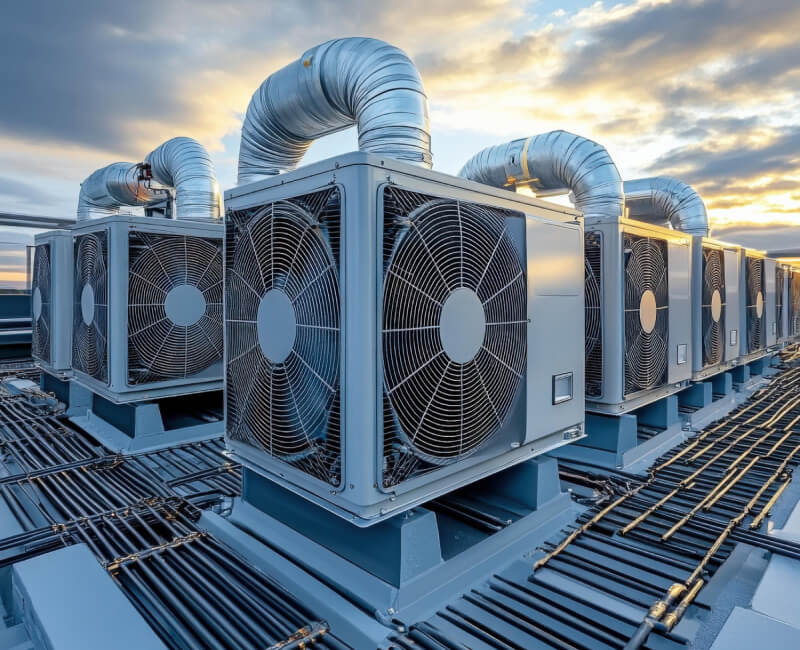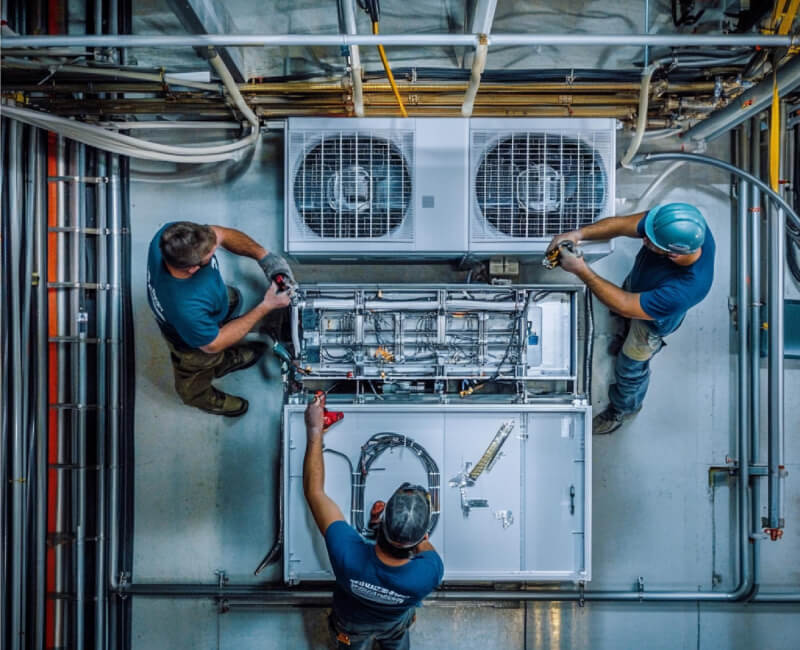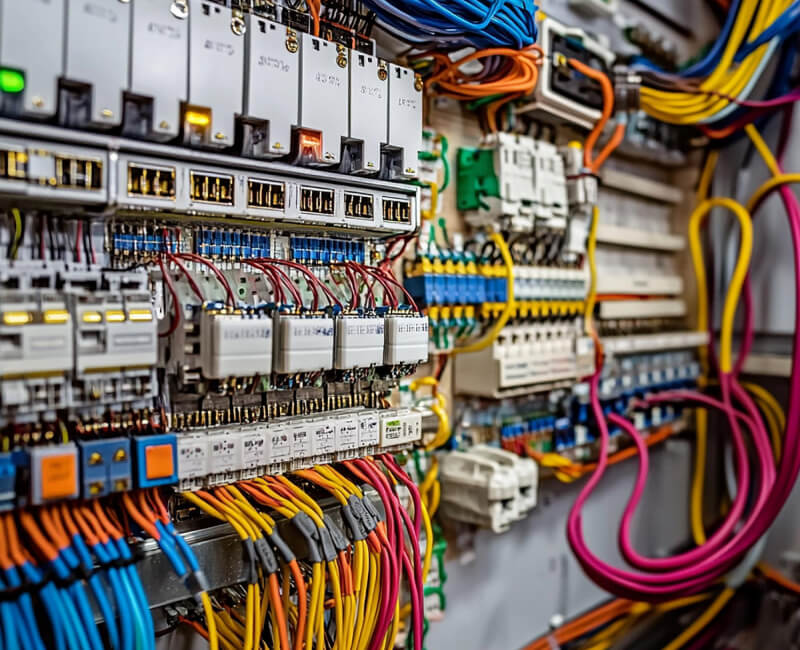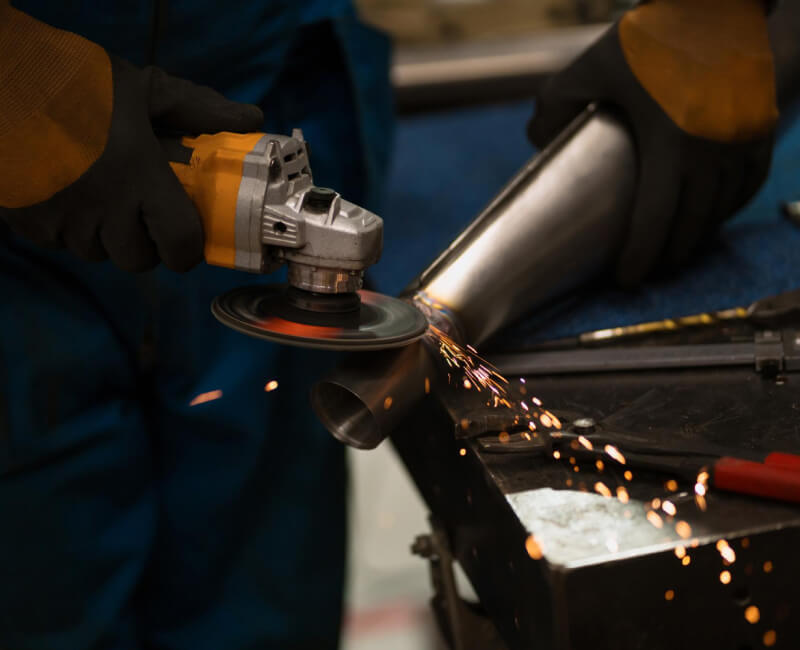Lumber Inventory Software Implementation: Hardwood Lumber Distributor Achieves 91% Inventory Accuracy with Odoo

Integrated Plumbing Scheduling Software Unifies Crews, Jobs, and Billing for a US Commercial Plumbing Contractor
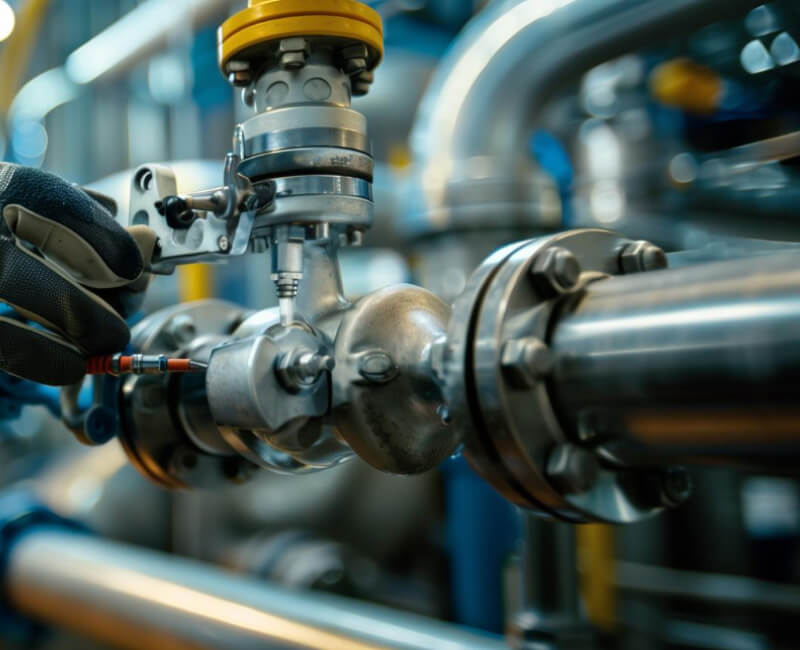
Streamlining Furniture Manufacturing Operations: Integrating Production Planning and Custom Order Management With Odoo ERP

How a Painting Contractor Streamlined Operations with Modern Software: A Case Study on ERP Implementation
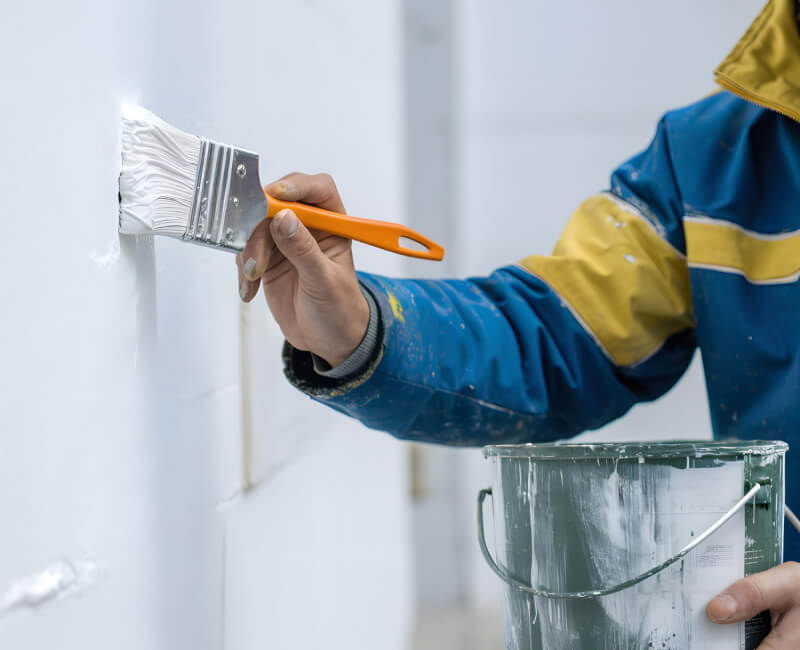
Replacing Spreadsheets with Smart Bakery Management Software: How a Regional Bakery Reduced Waste and Scaled Operations

Driving 45% Revenue Growth: How Odoo Plumbing Business Management Software Transformed Service Operations

Real-Time Fleet Visibility: Construction Fleet Management Software Cuts Equipment Downtime by 40% with Odoo
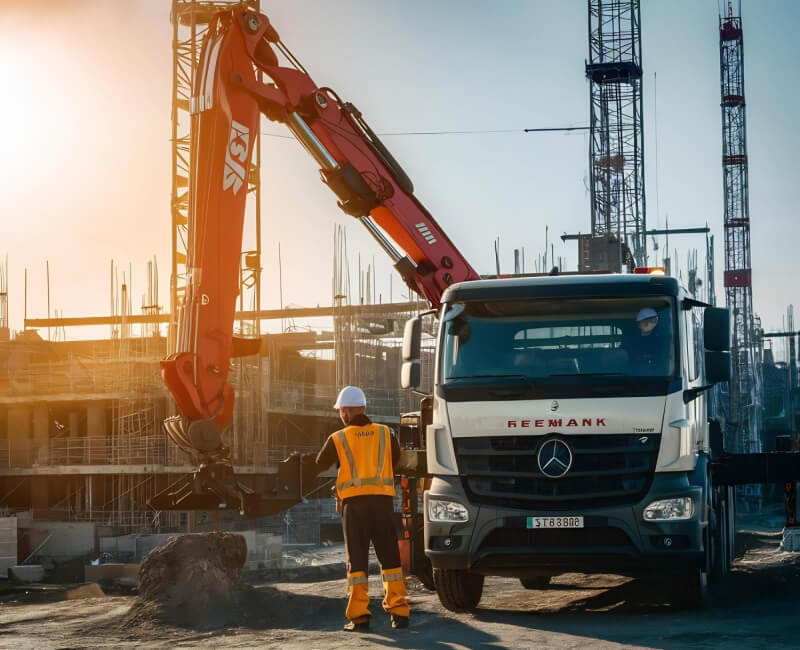
From Scattered Tools to Unified Platform: HVAC’s Success with Odoo Field Service Management Software
